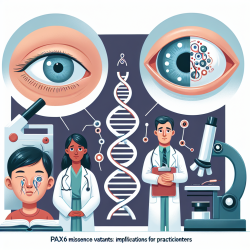In the realm of adolescent health, socio-economic status has long been considered a significant determinant. However, recent research titled "It still takes a village: an epidemiological study of the role of social supports in understanding unexpected health states in young people", published in BMC Public Health, offers a fresh perspective on this narrative. The study reveals that social supports can play a pivotal role in shaping health outcomes for young people across different socio-economic backgrounds.
The Study at a Glance
This comprehensive study involved over 26,000 Canadian adolescents aged 11-15 years. It explored how social supports from family, peers, schools, and neighborhoods influence self-perceived health status among young people from varying levels of affluence. The findings were striking: more social supports were consistently associated with better self-reported health.
Key Findings
- Cumulative Social Supports Matter: The presence of multiple social supports was linked to improved health perceptions among adolescents.
- Impact Across Socio-Economic Status: Less affluent children reported excellent health when supported by strong social networks, while more affluent children reported poorer health in the absence of such supports.
- Dose-Dependent Relationship: The study highlighted a dose-dependent relationship between the number of social supports and perceived health outcomes.
Implications for Practitioners
The insights from this research are invaluable for practitioners working with young people. Here are some ways to implement these findings:
- Create Supportive School Environments: Encourage schools to foster positive social climates where students feel supported by teachers and peers. This can be achieved through mentorship programs and peer support groups.
- Engage Families: Work with families to strengthen communication and trust within the home environment. Family dinners and open lines of communication can significantly impact adolescent well-being.
- Cultivate Community Connections: Promote involvement in community activities such as sports clubs or volunteer groups to enhance neighborhood social capital and provide additional support networks for young people.
The Call for Further Research
This study underscores the need for continued research into the cumulative effects of social supports on adolescent health. Practitioners are encouraged to explore further how different types and sources of support can be optimized across various contexts to improve health outcomes.










